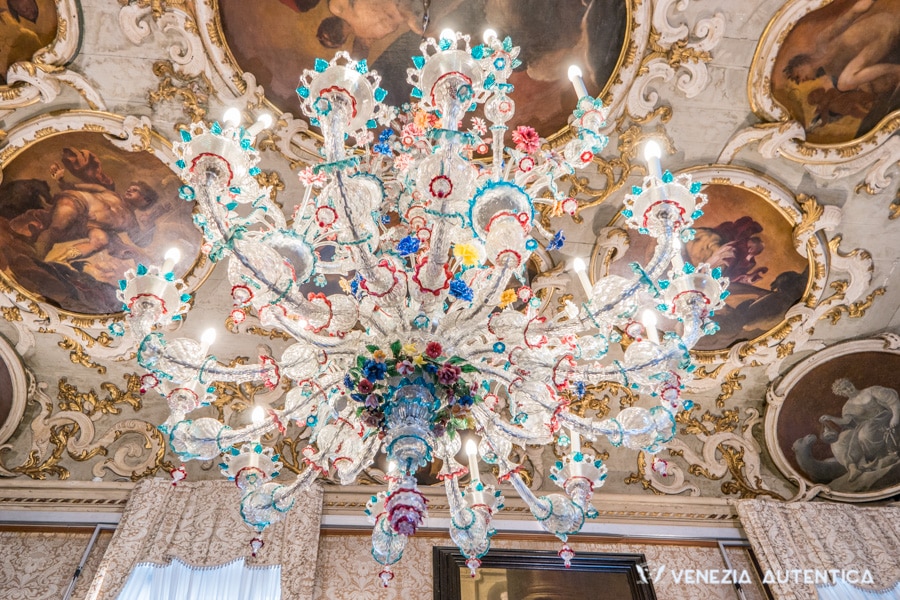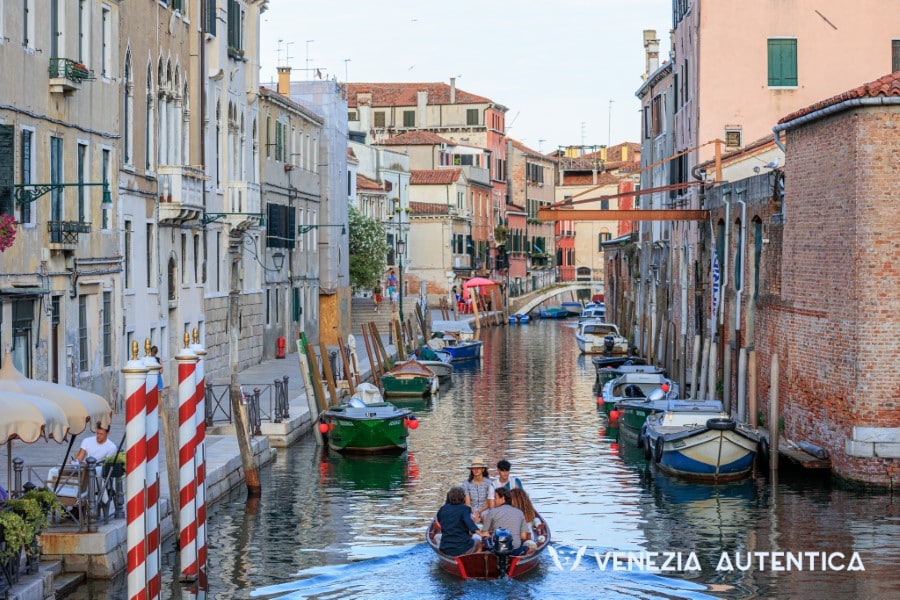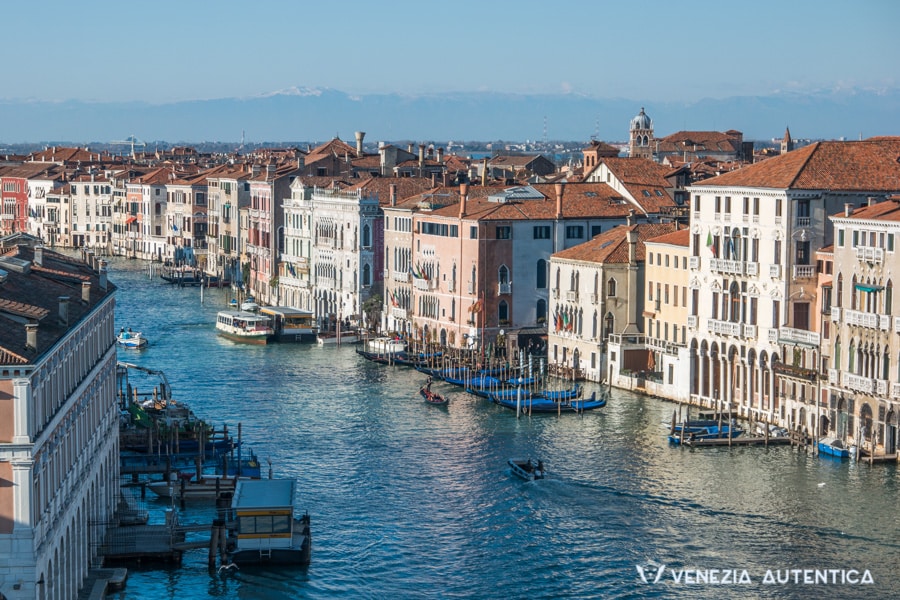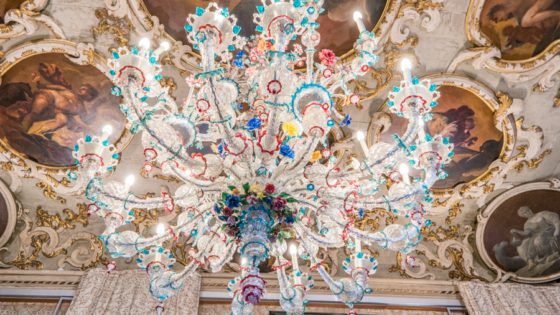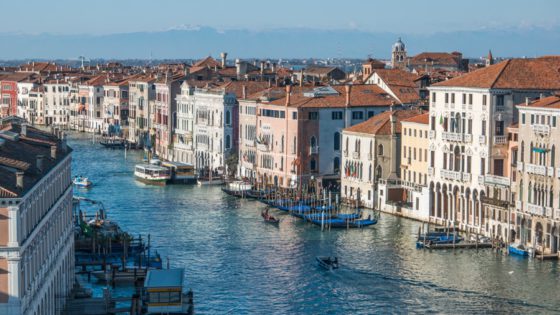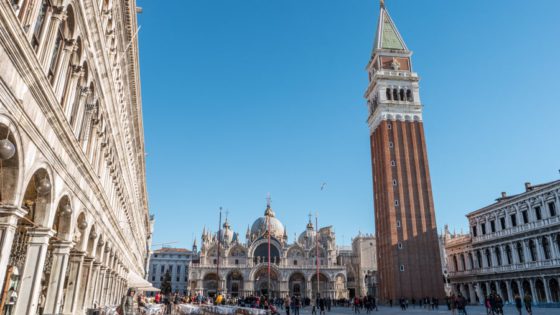7 things in your life you never knew you owed to Venice
Did you know that some pillars of our daily lives would be different if it weren’t for Venice?
Indeed, many things we take for granted or use daily were invented in the capital of the Venetian Republic!
The worldfamous greeting Ciao
“Ciao”, the most famous and known Italian word (maybe on par with Pizza 😀 ) is an absolutely authentic Venetian word. The word we now all know, and the way Italians use it in an informal way both for greeting and saying goodbye, was once slightly different and was used in a formal way.
Ciao derives from the Venetian word “s’ciao” (its root coming from the Latin word sclavus), which meant slave. It was used by Venetians as a reverential greeting, meaning “I am your slave”.
Only in the XIX century in Lombardia (the region of Milan) did the word lose its “s” and became simply “ciao”, losing its reverential meaning too and starting to being used in all of Italy. An equivalent of “s’ciao” is the word “servus” that is commonly used still now in German-speaking countries.
The sunglasses we all wear to protect our eyes or as fashion accessories
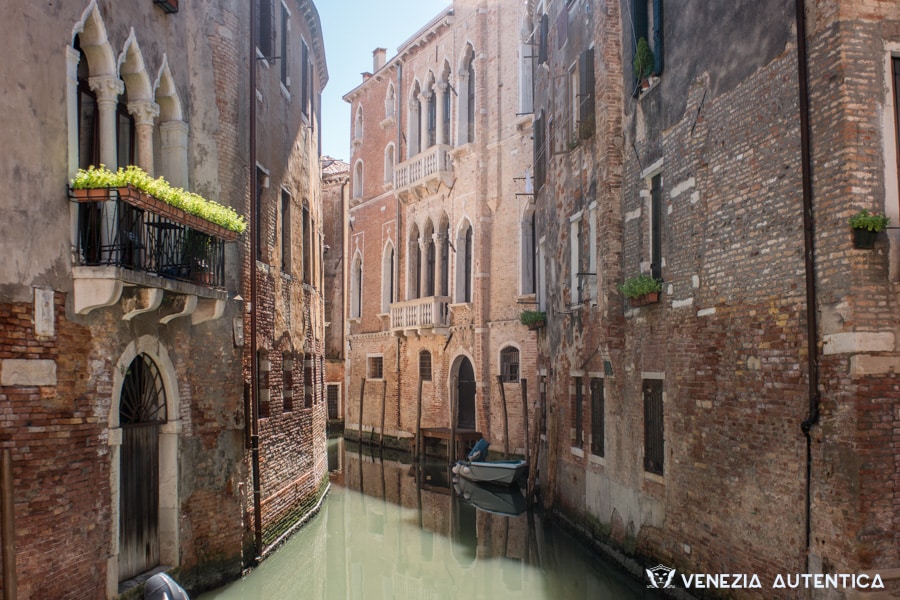
Venice has long sunny summers and an intense light that is reflected multiple times by the water. So it comes as no surprise that the first sunglasses have been invented here in the 17th century, for protecting the eyes while out on a boat. They were called “gondola glasses” and were produced in Murano, the glass factory island. Surprisingly enough, they didn’t just darken the user’s view, but also effectively protected the eyes from UVA.
The word 'Ghetto', we hear every day...
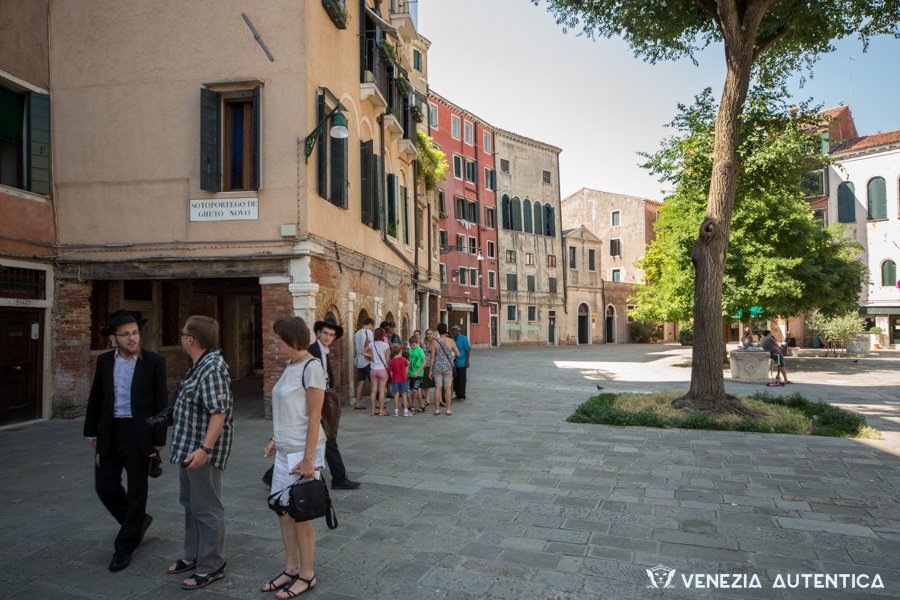
The word “ghetto“, which we use to indicate a place in a city in which a minority group lives because of social, legal and economic pressure, comes from the Venetian language. In 1509, as a result of the Cambrai war (where European forces united to fight against Venice), a high number of Jews fled from the mainland to Venice. Such a sudden increase of a minority group led the Serenissima in 1516 to confine the Jewish community to an area of Venice which in the past had hosted foundries that used to “gettare”, “cast” the metal, and was therefore known as Ghetto. There is, however, many disputes about the etymology of the word.
This area was accessible only through 2 bridges and was surveilled by Christian guards paid by the Jewish community. Since then, Ghetto indicated the area in which the Jewish community was confined and, later on, it took on the current meaning.
The loans which allow us to buy this car, education...
The Jewish community of Venice was obliged to do only certain restricted jobs, one of which was being moneylenders. As a direct consequence, the Ghetto is the place of birth of the “Banco Rosso”, the first pawn shop.
The word 'Arsenal' that so many languages use
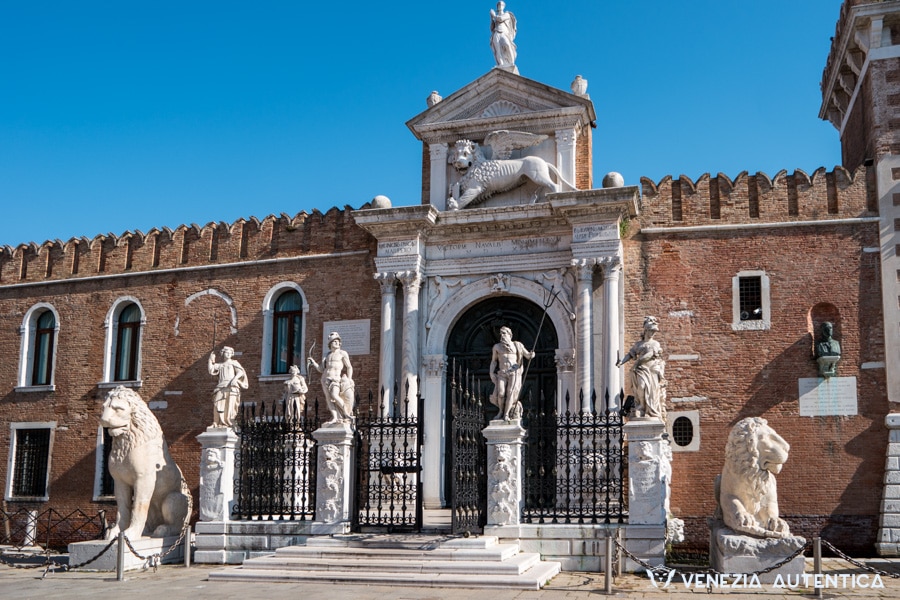
The Arsenal of Venice (“Arsenale di Venezia” in Italian), was a complex of shipyards and armories of the Serenissima. Constructed first in 1104, it was the first and biggest industry in the world until the industrial revolution which took place almost 7 centuries later! Methods for mass production of ships, based on the standardized production of different elements in different areas of the Arsenal, made it then possible, on an assembly-line basis, to build an entire ship in 1 day. (In 1570, during a war against the Turkish fleet, the Arsenal managed to produce 100 warships in less than 2 months) The production of ships and the requirement of wood was so high that the Arsenal had an exclusive forest in the hills on the mainland close to Venice.
If we look at the extension of the Arsenal, it takes up and impressive 15% of the surface of the city and during the centuries of biggest power, it could employ up to 16.000 workers (called “arsenalotti”), representing the 10% of the population.
Note: “Arsenale” derives from the Arab “Dār al-ṣināʿa” (“house of crafts”) and it was so impressive and unique that its name was not translated and kept instead as such in 14 languages.
The unfortunate event of ``being in red``
“To be in the red”: this expression is said to be deriving from the fact that the first Pawn Shop, the “Banco Rosso”, was giving a red receipt at the end of a transaction: those people who did not have money to pay their debts, were exchanging their belongings for money and were getting the red receipt as a proof of the transaction.
And this comforting morning cup of Caffe
Coffee was first introduced to Europe from Egypt through the city of Venice, where a flourishing trade between the local businessmen and Arabs enabled a large variety of commodities and goods to be imported. Merchants sold this coffee to the wealthy in Venice, charging greatly for the privilege of drinking this exciting new beverage which was initially used as a medicine and sold in spice shops before the tradition of coffee as we know it was born.
The first “botega da caffè“ in Piazza San Marco existed already at the end of the seventeenth century; but the real explosion of the phenomenon took place in 1700, with the emergence of numerous cafes and bars. Among these, one of the best known and oldest is undoubtedly the Florian, even now the symbol of the city. The Caffè Florian is the oldest cafe house still functioning and was initially founded in 1720 under the name of “Alla Venezia Trionfante – At the Triumphant Venice”
I'm visiting Venice. Why should I follow your recommendations?
The way you visit Venice has an impact both on the quality of your experience and on Venice itself. Chilling, exploring, shopping, eating and drinking where the locals do, can make a huge impact both on the memories you bring home and on the local economy and community.
Home >> Venice and Venetians >> Venice Explained >> You’re Here
Facts, Curiosities, History of Venice, Italy
More about life in Venice, Italy

